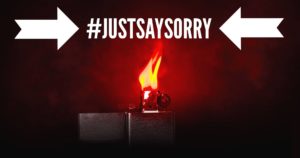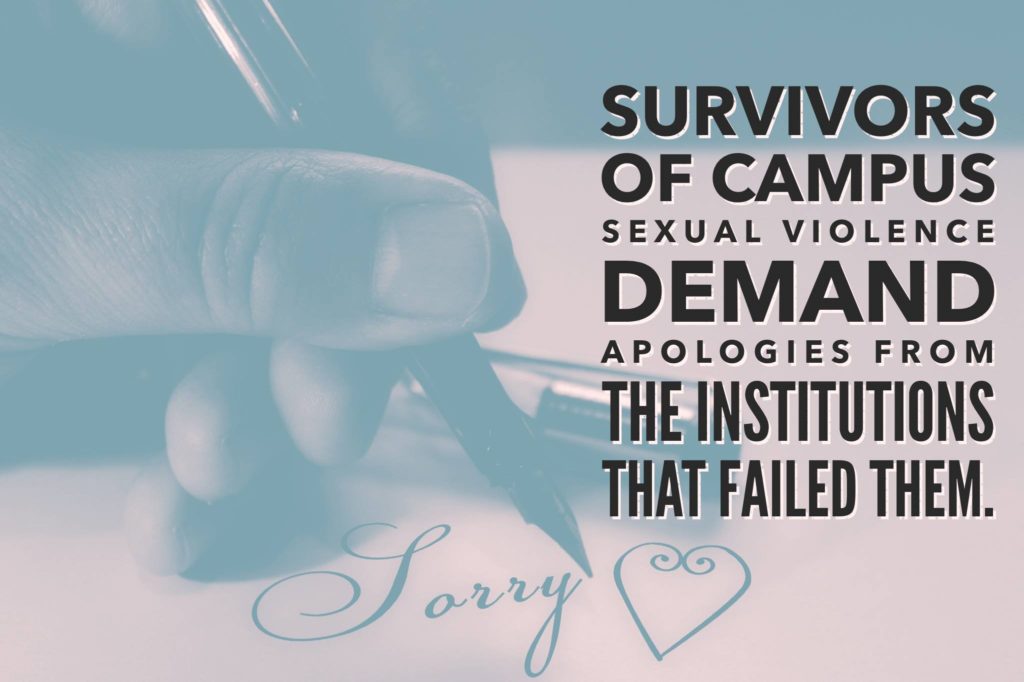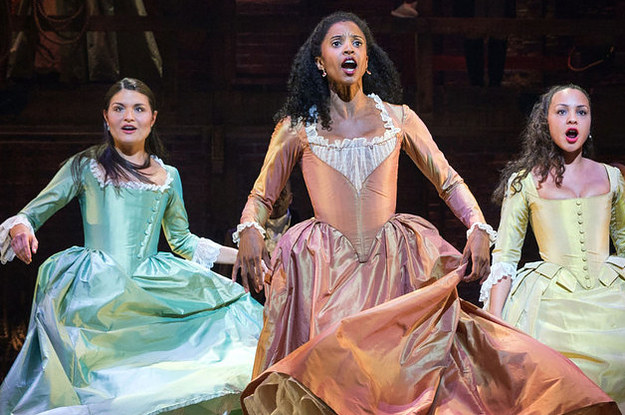Deborah D’Orazi, LMSW, NY, USA, SSH Blog Correspondent
Earlier this summer as I walked in New York City after a date, I noticed a man on his bike swerving and inching closer and closer to me. I was slow to pick up on it at first. It was a warm summer evening and I was enjoying the long walk to Penn Station while listening to some music, happy that my date went well, when I realized the man on his bike looked like he either lost control or was not paying attention to who was in his path. Nervous that he would hit me, I kept moving out of the way, swerving in different directions and walking as fast as I could away from an oncoming collision. Just as I thought the bike would hit me, he swerved a tiny bit away from me and called out, “Hey Beautiful!” and made kissing noises while leaning in towards my face. I leaned away and ran as fast as I could away from him and towards the cross walk.
Forget feeling good about the date I just enjoyed or the beautiful weather. Forget the enjoyment I was reveling in from the new music to which I was listening. I was now constantly looking over my shoulder and around me to see if the man on the bike was following me. After a few blocks I felt reassured that he was not following me, but my headphones stayed out and I was now on constant alert just in case someone else decided they needed to make themselves known to me through harassment.
Further reflection on this summer, unfortunately, revealed many instances of misogynistic, racist, xenophobic, and homophobic harassment. Leslie Jones, of Saturday Night Live and “Ghostbusters” fame, was recently harassed, trolled, and attacked online and through twitter with misogynoir threats and the hacking of her personal information on her own webpage. While she stood strong after the first instance we have yet to hear from her after her personal information was leaked. A man was sentenced to a 40-year prison sentence in Georgia after dumping scolding hot water on a gay couple while they slept. Muslim women in France were harassed and ordered to remove their burkinis in public due to xenophobic and Islamaphobic fears.
Overall, these incidents reflect that street harassment is not just a one-time incident or something that someone can ignore. It is a building block of power and oppression that literally shapes how people view themselves and society. It also shapes how society will treat communities and individuals. These incidents of harassment are tools of oppression and are ultimately traumatic events. As Dr. Judith Herman explains in Trauma and Recovery:
“Psychological trauma is an affliction of the powerless. At the moment of trauma, the victim is rendered helpless by overwhelming force. When the force is that of nature, we speak of disasters. When the force is that of other human beings, we speak of atrocities. Traumatic events overwhelm the ordinary systems of care that give people a sense of control, connection, and meaning.”
We must recognize harassment for what it really is—trauma, an oppressive tactic, a power play, a tool used consciously or unconsciously to dominate and erase those deemed unworthy or powerless by society. Harassment creates trauma by causing an individual to lose and question a sense of self and community. That is why it is extremely important that we speak up and refuse to be silent in the face of such oppressive tactics. It is extremely hard and sometimes we will not be able to do so out of fear or some type of inability to do so.
We are only human, but the only change I see in fighting street harassment and other building blocks of oppression is by calling it out for what it is and continuing to speak and act. That is the only way change will occur.
Deborah is a recent MSW graduate who also received certification from American University’s Women and Politics Institute and Rutgers’ Center on Violence Against Women and Children. In addition to social work, Deborah is looking to pursue an MPP/MPA and she is also extremely passionate about the arts (theater, writing, film, television, fine art, poetry, performance art), history, and Hamilton.


 A few years have passed since Wanjuki and Wilingham were sexually assaulted while students at Tufts University and Harvard Law School respectively, they discuss the long-range impact of institutional betrayal. In a
A few years have passed since Wanjuki and Wilingham were sexually assaulted while students at Tufts University and Harvard Law School respectively, they discuss the long-range impact of institutional betrayal. In a  Wanjuki and Willingham are reminding us through their deeply personal and cathartic actions that genuine apologizing is a rare, critical, and distressingly radical act for administrators and institutions. Survivors Ending Rape Culture is calling on survivors to send them items from alma maters who failed them or to post videos or photos of themselves withholding their donations to their institutions.
Wanjuki and Willingham are reminding us through their deeply personal and cathartic actions that genuine apologizing is a rare, critical, and distressingly radical act for administrators and institutions. Survivors Ending Rape Culture is calling on survivors to send them items from alma maters who failed them or to post videos or photos of themselves withholding their donations to their institutions.